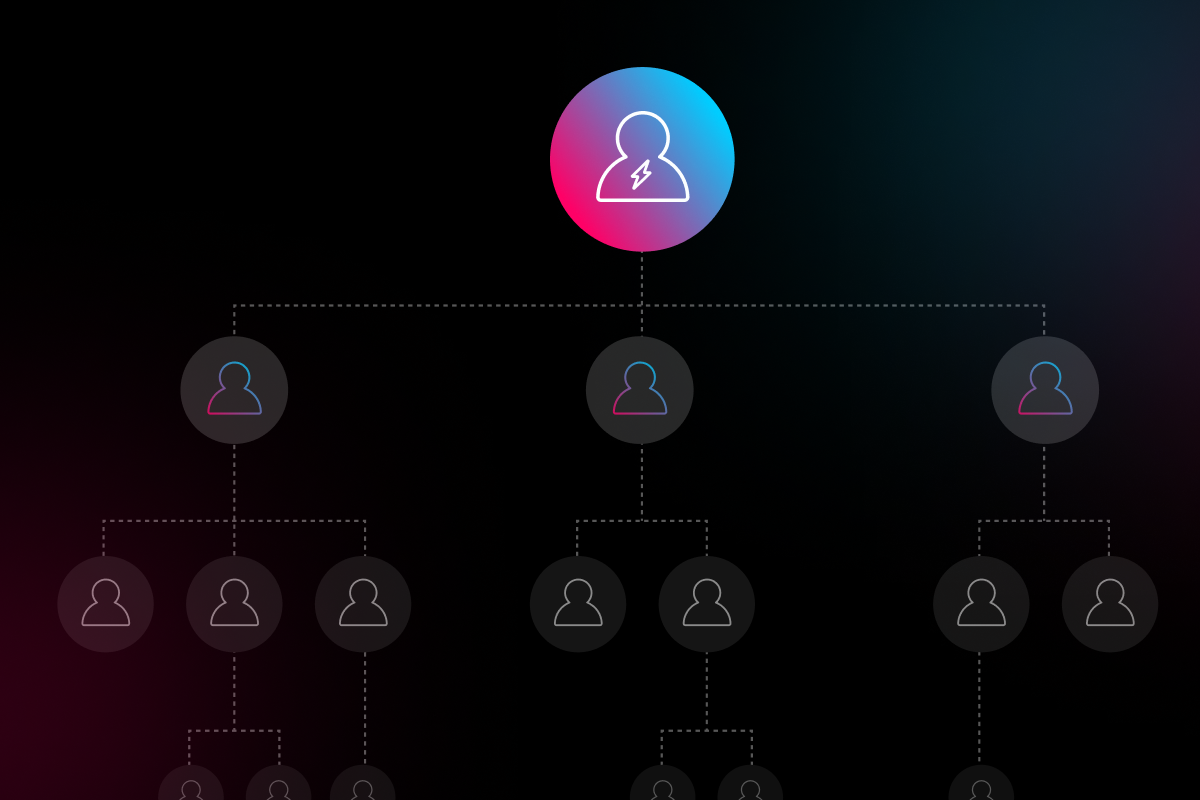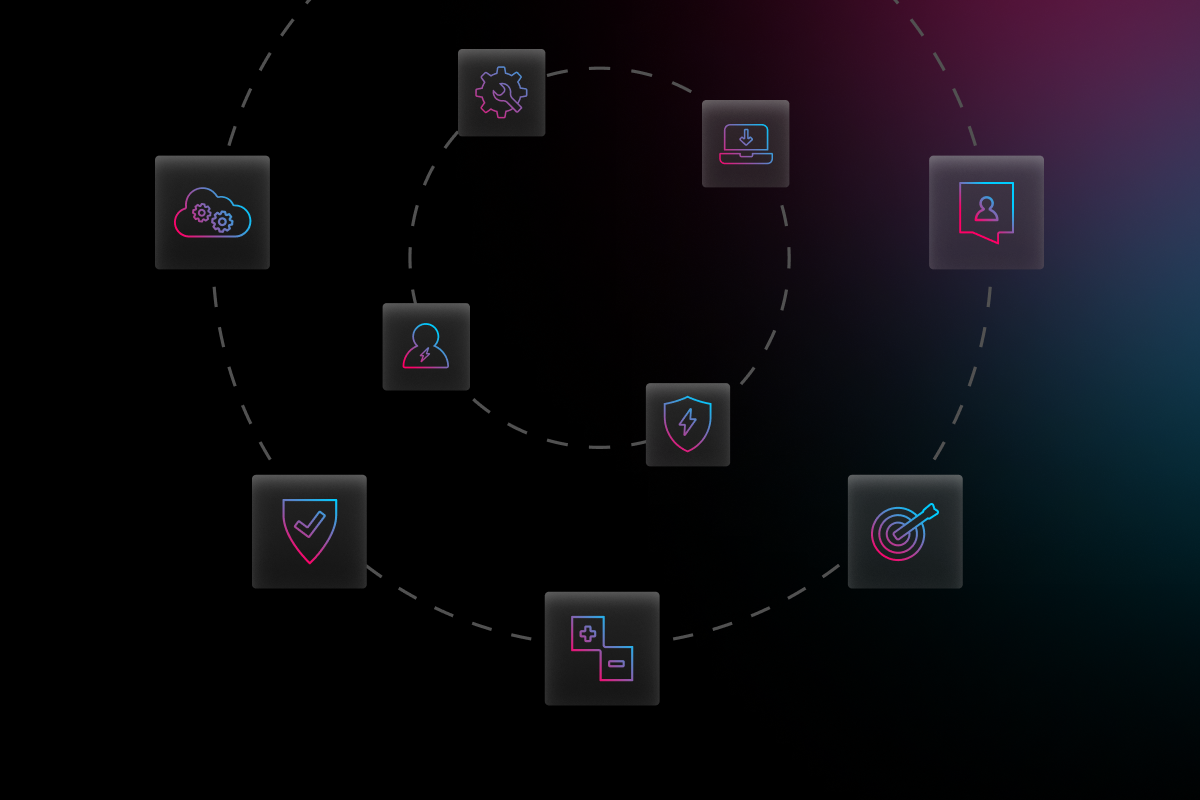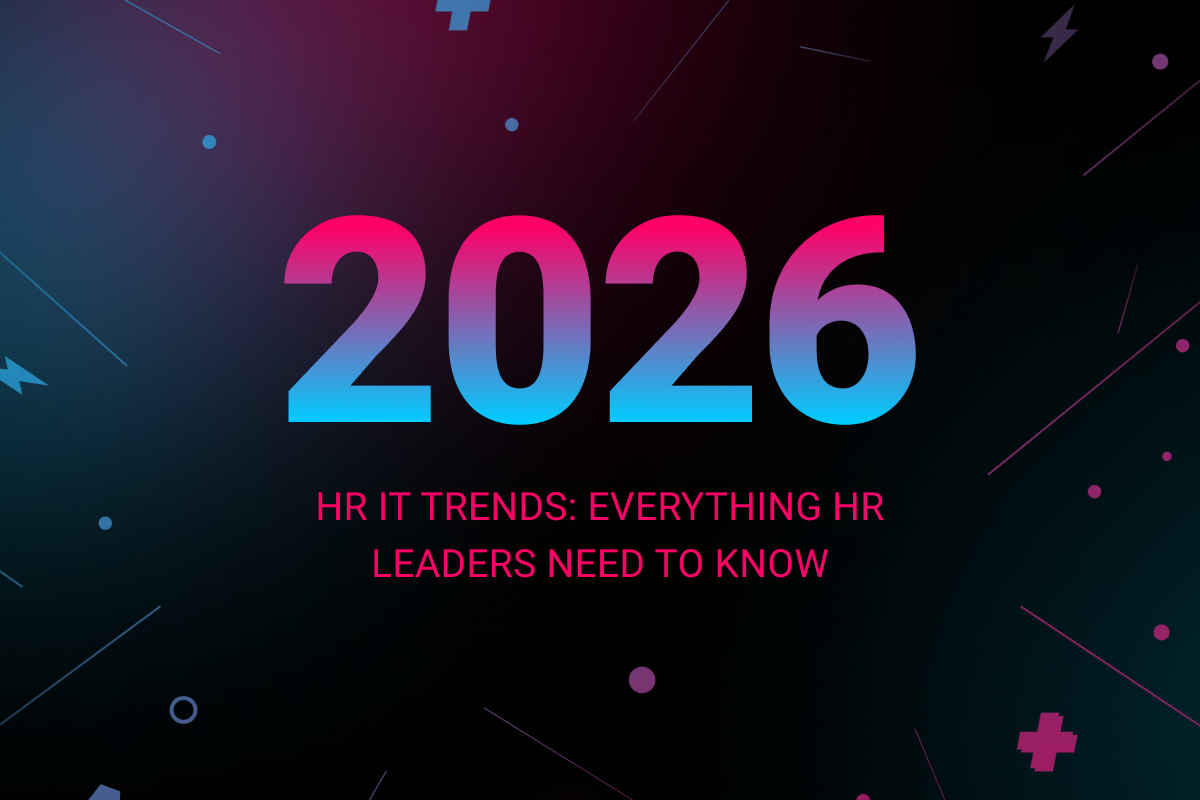
Technology is now well established as one of the most important factors in the successful running of a business. From product research and development, to customer service and accounts, tech has streamlined the workload of every department. However, one team that often gets overlooked when it comes to tech resources is HR.
HR and People Teams stand to benefit immensely from technical advancements, especially in today’s remote and hybrid working environments. By leveraging digital HR tools, People Teams can maximize both the efficiency and precision of their work. Keep reading to find out about the latest HR tech trends that will shape the work of this critical department in 2023.
Why Every Business Should Have HR Technology
Still not convinced that your HR team requires dedicated technology solutions in 2023? Here are three reasons why you should reconsider.
1. Transform Core HR Practices
Many HR software solutions are designed to automate and simplify basic HR activities. These systems are comprehensive platforms capable of automating certain recruiting and screening processes, new employee onboarding, compensation and payroll processing, and regulatory compliance.
These technology benefits relieve your small HR workforce of manual tasks, enable efficient recruitment and onboarding of new employees, improve the accuracy of tax and welfare computation for an error-free payroll process, and expedite several other fundamental HR processes.
2. Analyze Human Resource Data
Employee data is among the most valuable assets in your firm. A well-equipped HR system will feature a repository for all of your personnel information, preferably structured into digitized employee files that can be quickly accessed and sorted. In addition, this data must be stored safely and securely to avoid costly breaches. With the right technology in place, this is one less labor-intensive responsibility to place on your HR team.
3. Spend Less Time On Routine HR Tasks
One of the most crucial functions of technology in any business is to save time for your staff. Reclaiming time spent on manual tasks allows for more investment in substantial initiatives that will help with your firm’s growth. With dedicated technology in place, your HR department will not only optimize operations, but also devote more time to business critical work.
6 HR Technology Trends to Look Out for in 2022
To stay competitive, HR must adopt a working model that provides employees with greater freedom while simultaneously enhancing quality and performance. Here are some of the hot trends that every HR professional should be aware of in 2022:
1. Tech Upgrade for Remote and Hybrid Work
The growth in remote and hybrid employees is one of the most profound and long-lasting changes to the workplace in recent times. The majority of companies must now enable their employees to work from home at least some of the time, which has significant implications for people management. HR departments, in particular, need to adapt to this major transformation by leveraging technology that sets employees up for success. From device procurement to systems access, HR technology is crucial in today’s hybrid environment.
2. Streamlined Onboarding and Offboarding
Whether employees are office-based or fully remote, they should have a consistent onboarding experience when joining your company. Given the present talent shortage, businesses must make a good first impression during an employee’s first few days and weeks. As such, the uptake of digital onboarding solutions is one HR tech trend that shows no sign of slowing. According to research by Electric, 52% of HR professionals still find onboarding to be a challenging or frustrating aspect of their role. By automating critical but repetitive tasks, onboarding technology delivers a seamless new employee experience while alleviating the workload for HR. Likewise, when an employee leaves the company, this technology can ensure the necessary steps are completed before their last day.
3. AI Technology in HR Management
AI-powered systems are transforming the way companies uncover talent by providing valuable insights into candidates’ potential. The IEEE Global Study predicts that 21% of significant technology advances in 2022 will include artificial intelligence and machine learning. Human resource departments are already utilizing artificial intelligence (AI) technologies to effectively find and recruit suitable workers, and the capabilities of this technology will only grow over time. However, there are still some kinks to work out, notably in the fields of equal-recruiting practices. While AI may help save time in the recruitment process, it still requires the input and oversight of talented people managers.
4. Employee Wellbeing
Employee wellbeing is deservedly attracting more investment, and is increasingly considered an important factor in performance and productivity. According to McKinsey, organizations with strong employee engagement are 21% more lucrative. Employees who are engaged are simply more likely to contribute to the company’s success. There are several HR technology platforms that target employees’ physical and emotional wellbeing, including mental health supports. Solutions that enhance employees’ wellness are a key HR tech trend to increase workplace happiness and reduce turnover.
5. Cybersecurity Upskilling
While HR has long been responsible for driving continuing education and upskilling initiatives for employees, their efforts have traditionally been role-specific. However, with the growing rate of cyber attacks against small and mid-sized businesses, it has become imperative for employees of all levels to have a certain level of cybersecurity awareness and training. In the past, this may have fallen on your IT department, but it’s likely that HR will become increasingly involved in this training in order to ensure it is carried out in a structured and engaging manner. Additionally, HR teams themselves will need to further their knowledge of employee data protection best practices to avoid cybersecurity threats that specifically target their departments.
6. Virtual Reality and the Metaverse
As remote work makes in-person interactions with our colleagues less commonplace, virtual reality (VR) can help HR teams to humanize distributed work – from the onboarding process through to team building initiatives. As highlighted at Elevate 2022, “People won’t want to immerse themselves in work in the metaverse for hours upon hours, but for short things where sensing your presence is important, where you want to drive social but distance prevents it, that’s going to be a really interesting opportunity.”
How to Prepare for the Technological Changes of 2023
The adoption of new technologies makes day-to-day HR tasks significantly easier to manage. However, the process of implementing new systems and software is not without its challenges. Follow these three steps to prepare your team for technological changes:
1. Select the HR Tools you Really Need
Assess which processes currently place the most strain on your resources and seek out solutions to automate these tasks as a priority. Under-utilized software can be costly, so choose your investments carefully.
2. Make Detailed Implementation Plans
Launching multiple new systems at once can be a recipe for disaster. Seek expert input on the most logical sequence for new tools to be introduced, and identify what work needs to be completed in advance of implementation to ensure a seamless transition.
3. Provide Comprehensive Training
Without proper oversight and training, the uptake of new HR technology is unlikely to be a success. Take the time to educate employees on the benefits of new software and provide ongoing support as team members get to grips with unfamiliar processes.
Equip your HR Team with the Technology They Need
A well-resourced HR team has positive knock-on effects for your entire business. From recruitment to retention efforts, the right technology can significantly lighten the workload of this critical department. At Electric, we believe in streamlining operational IT work so that HR can get back to supporting your employees and growing your teams. To learn more about our solutions for People Teams, contact us today!



